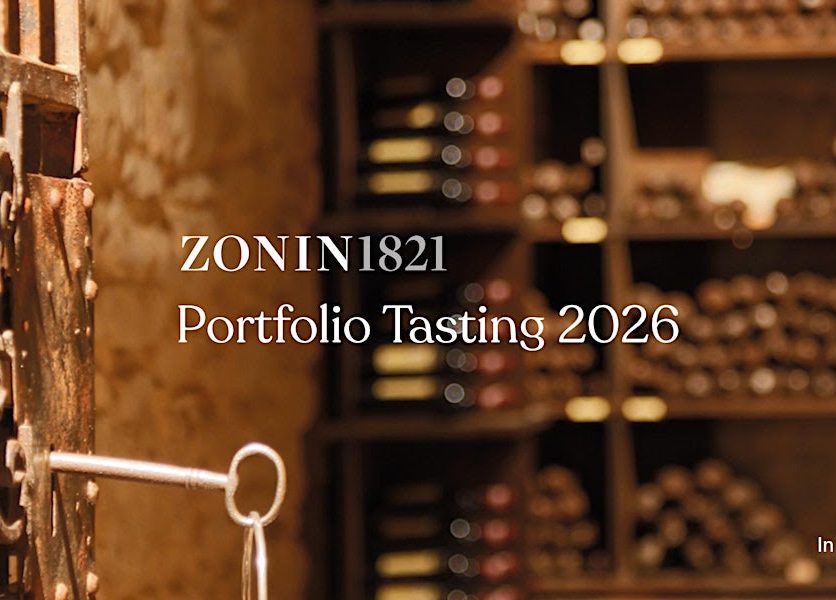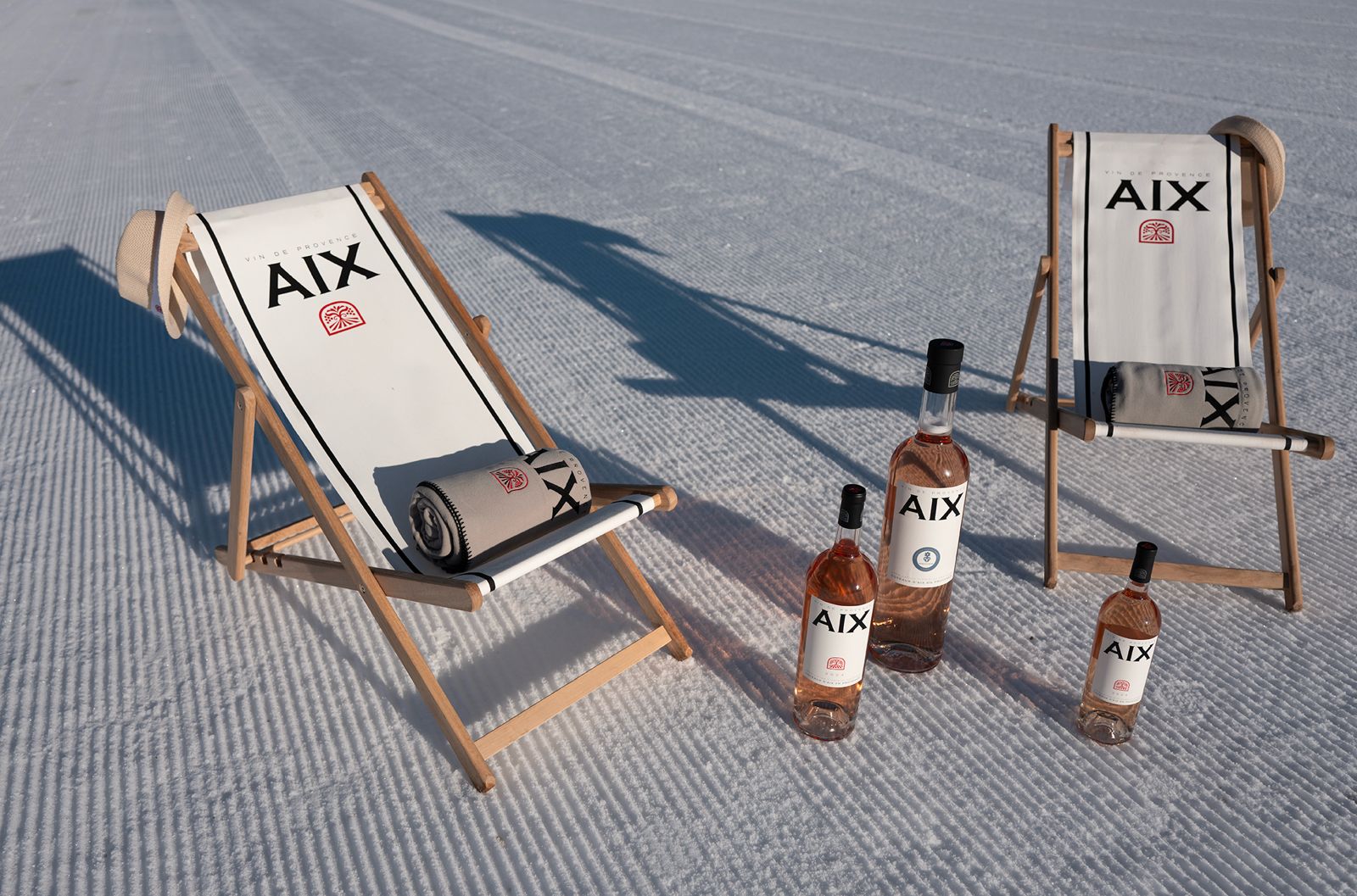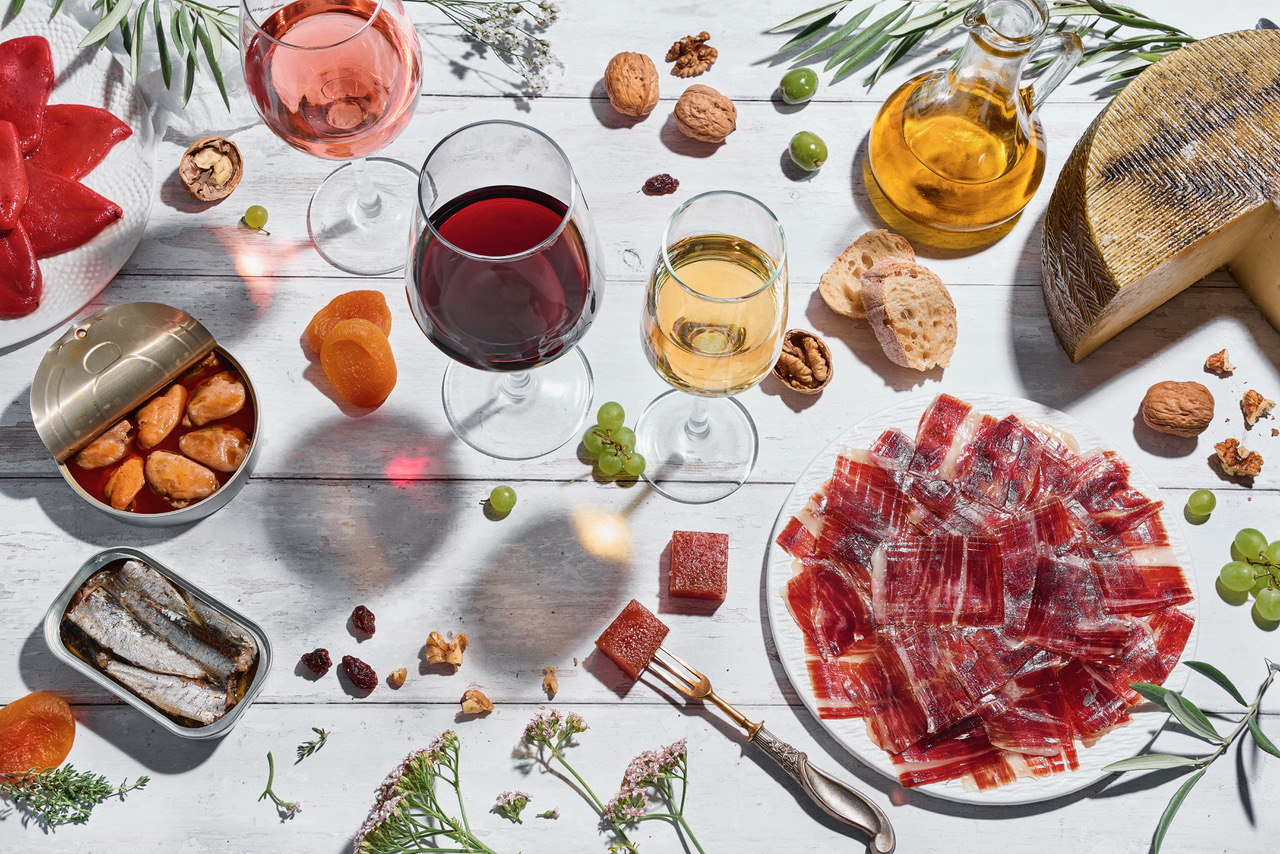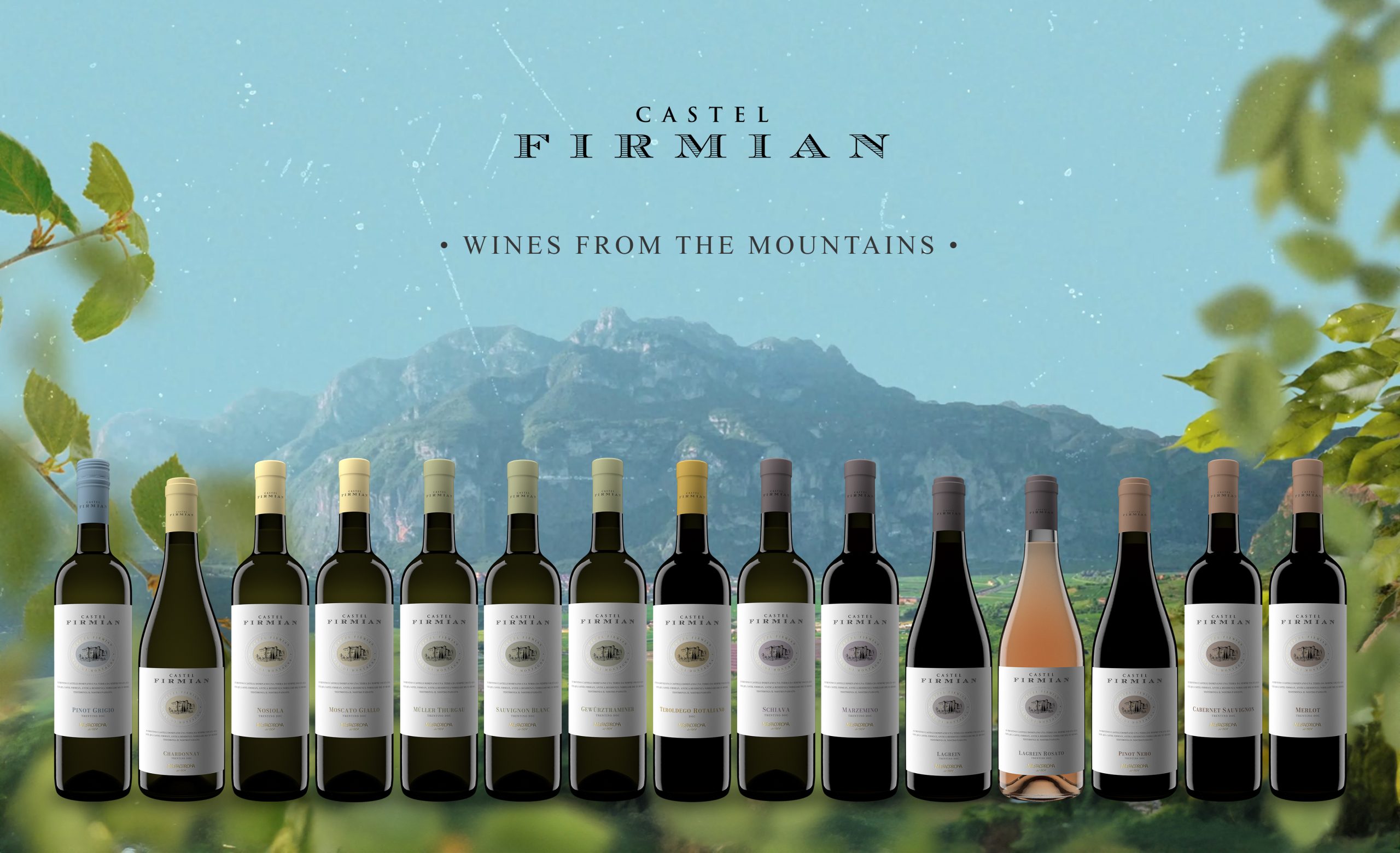Brexit won’t benefit sparkling wine in UK
Brexit won’t benefit sparkling wine in the UK, says head of Champagne Agents Association in response to comments from Méthode Marlborough winemaker.
Speaking to the drinks business earlier this month in New Zealand, Daniel Le Brun, winemaker and owner of No 1 Family Estate – a specialist in traditional method sparkling wine from Marlborough – said that Britain’s decision to leave the EU would “help” sales of his wines in the UK because it would “make Champagne more expensive in the British market”.
Continuing, he said Méthode Marlborough sparkling was penalized in terms of price in the UK due to extra taxes on the product both because it is produced outside the EU, and also because it is sparkling.
He also said that these additional taxes had been imposed due to pressure from the Comité Champagne.
Responding to the remarks, Andrew Hawes, who is chairman of the UK Champagne Agents’ Association, not only said that it would be unlikely that Brexit would benefit other sparkling wines, but in particular stressed that the Comité Champagne would never pressure the UK government to levy an additional sparkling tax.
“The level of discrepancy between sparkling and still wine duty in the United Kingdon is unique amongst EU member states, but nothing to do with the EU, let alone the Comité Champagne – who would be unlikely to pressure to make their wines more expensive,” he said.
He added, “Within the UK, the Champagne Agents Association has long campaigned to align sparkling and still wine duty rates, whilst supporting the WSTA’s campaigns to reduce overall duty rates on wine, which are also extremely high relative to other EU countries, a fact due only to the policies of successive UK governments.”
Meanwhile, looking back, he recorded, “The higher rate of duty on sparkling wine dates back to the 1970s & 80s when the prevailing UK Government view was that ‘sparkling’ denoted ‘luxury’ and therefore justified a higher tax rate. Nigel Lawson, Chancellor of the Exchequer under Margaret Thatcher, attempted to correct this inequity in the late 1980s, but there was a media outcry about reducing tax on Champagne and the sparkling duty premium was maintained.”
Partner Content
As previously reported by db, Hawes has also said that a post-Brexit flood of ‘English Champagne’ into the EU is “unlikely in the extreme”.
Responding to reports that appeared in the press earlier this month suggesting that the protected status of Champagne would come to an end with Brexit, he pointed out that the term Champagne is protected in the UK under English law – not EU law – noting that the regional brand became safeguarded in the UK as long ago as 1960, which was 13 years before the country joined the European Community.
Read more




